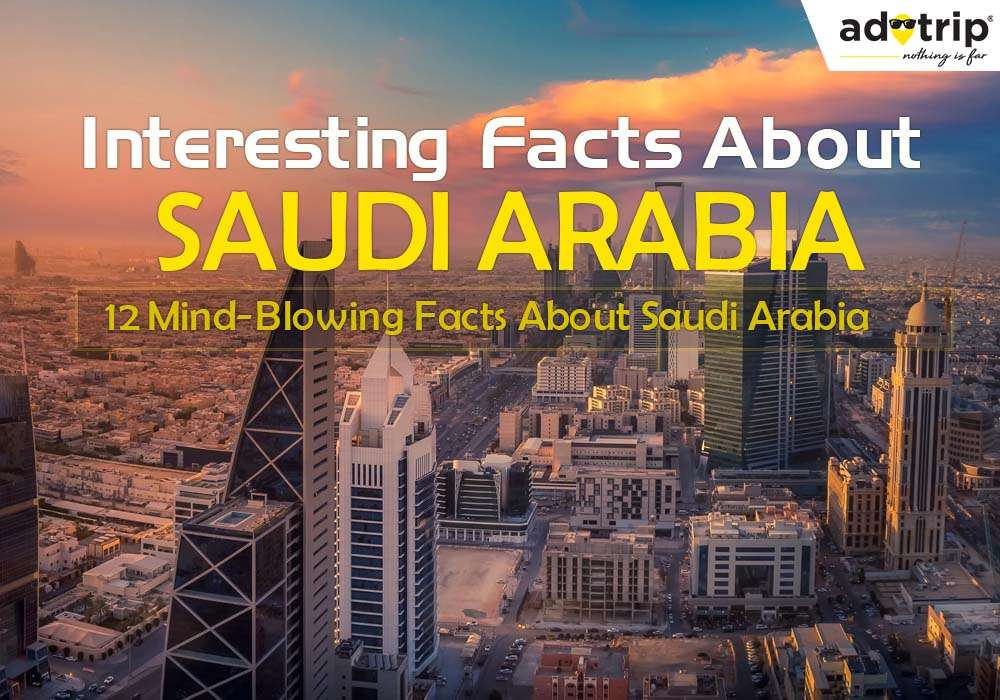
Last Updated At: 28-May-2025
12 Interesting Facts About Saudi Arabia | You Need To Know In 2025
Saudi Arabia, a land of vast deserts, rich history, and deep-rooted traditions, has always been a land of mystery and intrigue for people around the world. Known for its oil wealth, Islamic heritage, and unique culture, Saudi Arabia offers a wealth of interesting facts and facets that often remain hidden from the global spotlight. In this blog, we will explore some of the most intriguing and lesser-known facts about Saudi Arabia, shedding light on its rich history, diverse culture, breathtaking landscapes, and much more. So, fasten your seatbelts and get ready to discover a side of Saudi Arabia that will leave you awestruck and inspired.
List Of Top 12 Interesting Facts About Saudi Arabia
From the dunes of the Empty Quarter to the gleaming skyscrapers of Riyadh, let's dive into the captivating world of the Kingdom and discover the astonishing facts that make Saudi Arabia truly one-of-a-kind!
- The Birthplace of Islam
- The World’s Largest Sand Desert
- The Jeddah Tower: Reaching New Heights
- The World’s Largest Oil Reserves
- A Kingdom in Transition: Vision 2030
- Saudi Arabia Is Home To The World’s Largest Airport
- An Ancient Hub of Trade: The Incense Route
- Surprising Saudi Arabian Cuisine
- Saudi Arabia Is Famous For Its Rock-Carved City
- Known for Its Unique Cultural Diversity
- Declared as a UNESCO Intangible Cultural Heritage of Humanity
- Biggest Exporter of Petrol
1. The Birthplace of Islam
Saudi Arabia, renowned as the birthplace of Islam, holds unparalleled significance in the hearts of over a billion Muslims worldwide. Mecca, located within its borders, is the holiest city in Islam, where Kaaba stands as the epicentre of faith and the focal point of the annual Hajj pilgrimage. This sacred land also encompasses Medina, where the Prophet Muhammad's final resting place lies, drawing countless pilgrims yearly. Saudi Arabia's role as the spiritual nucleus of Islam is a testament to its historical and cultural importance, making it a place where the faithful embark on spiritual journeys that span centuries.
2. The World's Largest Sand Desert
Saudi Arabia's awe-inspiring landscape includes a remarkable natural wonder - the Rub' al Khali, also known as the Empty Quarter. Stretching across vast expanses of the Arabian Peninsula, it is the world's largest sand desert, covering an area larger than France. This seemingly endless sea of undulating sand dunes, some towering over 800 feet, creates a mesmerising, otherworldly terrain that challenges the imagination. Beyond its sheer size, the Rub' al Khali is a testament to the harsh beauty of nature, where scorching temperatures and arid conditions test the limits of life.
3. The Jeddah Tower: Reaching New Heights
Jeddah, one of Saudi Arabia's major cities, is home to an awe-inspiring construction project, the Jeddah Tower. Upon completion, it will claim the title of the world's tallest building, surpassing the Burj Khalifa in Dubai. The tower is set to reach a staggering height of over 1,000 meters (3,280 feet). This architectural marvel represents Saudi Arabia's commitment to modernisation and its ambition to become a global tourism and business hub.
4. The World's Largest Oil Reserves
Saudi Arabia is synonymous with oil. It possesses the world's largest proven oil reserves, estimated at around 266 billion barrels. The discovery of oil in commercial quantities in the 1930s transformed the country's economy and positioned it as a global energy powerhouse. The Saudi oil industry has shaped global oil markets and geopolitics.
5. A Kingdom in Transition: Vision 2030
In recent years, Saudi Arabia has embarked on a transformational journey under the banner of Vision 2030. This ambitious initiative aims to diversify the Saudi economy, reduce its dependence on oil, and foster tourism, entertainment, and technology sectors. As part of this plan, the country invests in infrastructure development, promotes cultural and recreational events, and opens up to foreign investment. Vision 2030 represents a significant shift in Saudi Arabia's economic and social landscape.
6. Saudi Arabia Is Home To The World’s Largest Airport
Saudi Arabia boasts the world's largest airport, King Fahd International Airport (KFIA). This aviation hub is located in Dammam and spans an astonishing 780 square kilometres, making it larger than some small countries. KFIA's colossal size isn't its only impressive feature; it also holds the record for the world's tallest air traffic control tower, standing at a towering 136 meters. As a major gateway to the Kingdom, KFIA is crucial in connecting Saudi Arabia to the world. Its state-of-the-art facilities and strategic location underline Saudi Arabia's commitment to modernising its infrastructure to accommodate its growing role on the global stage.
Read More : Historical And Cultural Heritage Places Of Saudi Arabia
7. An Ancient Hub of Trade: The Incense Route
Long before the discovery of oil, Saudi Arabia played a vital role in ancient trade networks. The Incense Route, a historical trade route that connected the Arabian Peninsula to the Mediterranean world, passed through the region. This route facilitated the exchange of valuable goods, including spices, silk, and, most notably, frankincense and myrrh. These fragrant resins were highly prized in antiquity and were an essential part of religious rituals and trade.
8. Surprising Saudi Arabian Cuisine
Saudi Arabian cuisine is a delightful fusion of flavours, blending traditional Arabic and Middle Eastern dishes with unique regional specialties. Kabsa, a spiced rice dish with meat, is a national favourite. Shawarma, a savoury street food made from thinly sliced roasted meat, is a ubiquitous snack. Falafel, hummus, and freshly baked bread are also staples. Dates, grown in abundance, are often served with Arabic coffee as a gesture of hospitality.
9. Saudi Arabia Is Famous For Its Rock-Carved City
Saudi Arabia is celebrated for its awe-inspiring rock-carved city, the UNESCO-listed Madain Saleh, also known as Al-Hijr. This archaeological marvel, akin to Jordan's Petra, features intricate and beautifully preserved Nabatean tombs, temples, and inscriptions. Carved into the rose-red cliffs of the Al-Ula Valley, Madain Saleh offers a mesmerising journey through history, providing insights into the ancient Nabatean civilisation that once thrived here.
10. Known For Its Unique Cultural Diversity
Rooted in the traditions of Arabian Peninsula tribes, this heritage encompasses a unique blend of customs, art, music, and cuisine. The architecture, especially in historical sites like Al-Ula's Madain Saleh, reflects the intricate craftsmanship of past civilisations. Saudi Arabia's cultural heritage is a testament to its enduring traditions and is now being actively promoted through initiatives to preserve and showcase its historical and artistic treasures.
11. Declared as a UNESCO Intangible Cultural Heritage of Humanity
In a tribute to the rich artistic and cultural heritage of the Arab world, UNESCO, the United Nations Educational, Scientific and Cultural Organisation, bestowed a prestigious honour by declaring Arabic calligraphy an Intangible Cultural Heritage of Humanity. This recognition highlights the profound significance of this intricate art form, where every stroke and curve of the Arabic script embodies centuries of tradition, history, and spiritual expression. UNESCO's acknowledgement underscores this art form's universal appeal and enduring importance of this art form, preserving it for future generations to cherish and admire.
12. Biggest Exporter of Petrol
Saudi Arabia stands as the unrivalled global powerhouse in petroleum production and export. This oil-rich kingdom, perched atop one of the world's largest proven oil reserves, holds the distinction of exporting more petroleum than any other nation on Earth. With its colossal output, Saudi Arabia plays a pivotal role in shaping the international energy landscape. Its vast oil fields, technological prowess, and strategic influence in global oil markets have made it a key player in meeting the world's insatiable demand for energy. This export dominance not only fuels its own economy and carries significant geopolitical implications, underlining Saudi Arabia's formidable position in the world.
Read More : Tourist Places To Visit In Saudi Arabia
Saudi Arabia, with its rich history, cultural heritage, and ambitious modernisation efforts, is a country of remarkable diversity and intrigue. From its role as the birthplace of Islam to its position as a global energy giant, these 12 interesting facts about Saudi Arabia will help you to get familiar with this mesmerising country.
Whether you're indulging in unique Saudi Arabian traditions or exploring hidden gems of Saudi Arabia, Adotrip will ensure that your trip is enjoyable and amusing.
With us, nothing is far!
FAQs About Interesting Facts About Saudi Arabia
Q1. What is the significance of the Black Stone in Mecca's Kaaba?
A1. The Black Stone in Mecca's Kaaba holds profound significance in Islam. It's believed to be a sacred relic from Abraham and is kissed by pilgrims during the Hajj as a symbol of faith and unity in the Islamic world.
Q2. How did Saudi Arabia's oil industry shape its economy and global influence?
A2. Saudi Arabia's oil industry has been pivotal in shaping its economy and global influence. The discovery of vast oil reserves transformed the nation into an economic powerhouse, fueling rapid modernization and infrastructure development. This wealth granted Saudi Arabia considerable geopolitical influence, allowing it to play a key role in global energy markets and diplomacy.
Q3. What are some unique traditions and customs during the annual Hajj pilgrimage?
A3. During the annual Hajj pilgrimage, unique traditions and customs include wearing simple white garments (ihram), circling the Kaaba seven times counterclockwise, throwing pebbles at symbolic pillars, standing at Arafat, and sacrificing an animal as a symbolic act of Abraham's obedience to God.
Q4. How did the ancient Nabateans influence Saudi Arabia's historical architecture?
A4. The ancient Nabateans greatly influenced Saudi Arabia's historical architecture through their distinctive rock-cut structures and intricate water management systems, which can still be seen in places like Madain Saleh, inspiring subsequent architectural styles and engineering practices in the region.
Q5. What are some famous archaeological sites in Saudi Arabia?
A5. Saudi Arabia boasts renowned archaeological sites like Madain Saleh, the "Saudi Petra," featuring Nabatean tombs; Diriyah, the historic heart of Riyadh; and the rock art of Hail Region's Jubbah, showcasing millennia-old carvings. These sites offer insights into the rich cultural heritage of the Arabian Peninsula.
--- Published By Adotrip
Latest Blogs
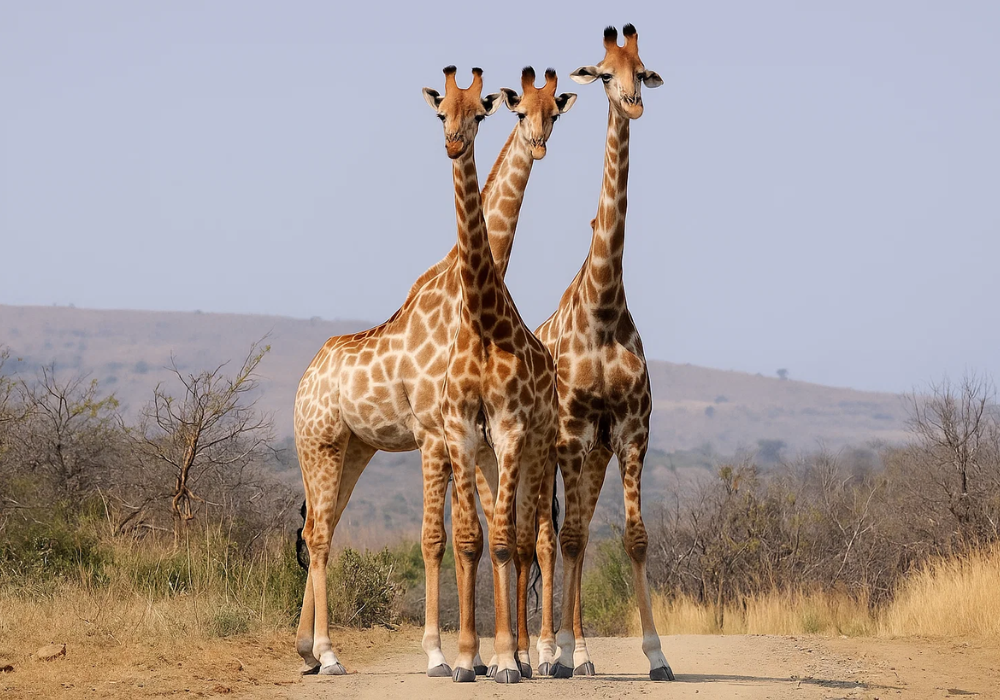
Cash in the Wild: My Safari Adventure Across Kenya with Only...
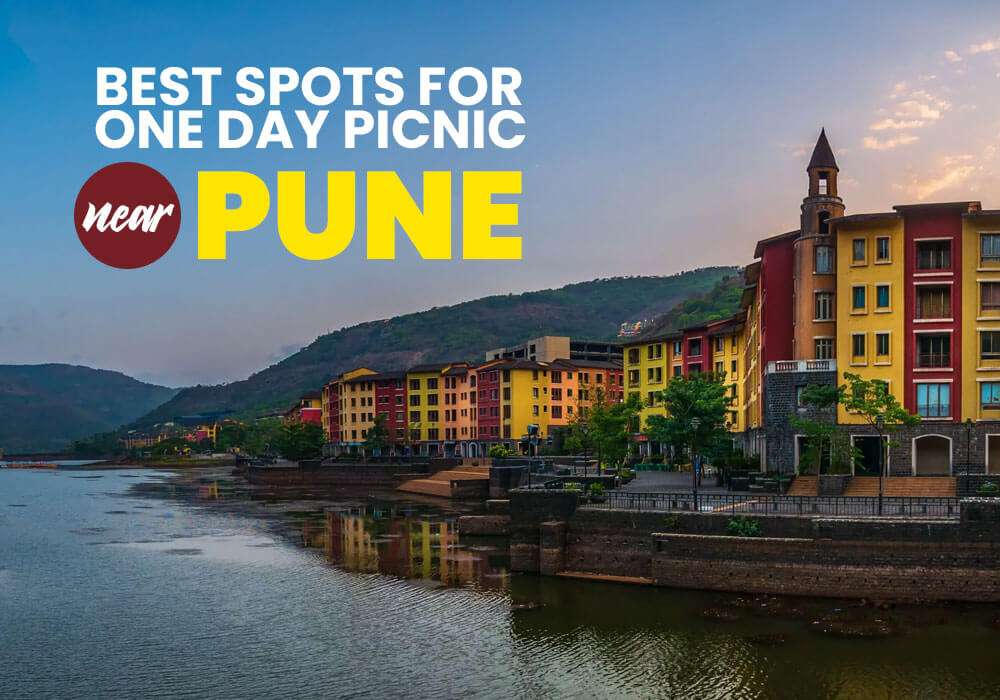
One Day Picnic Spot Near Pune - Adventure, Trekking and Natu...
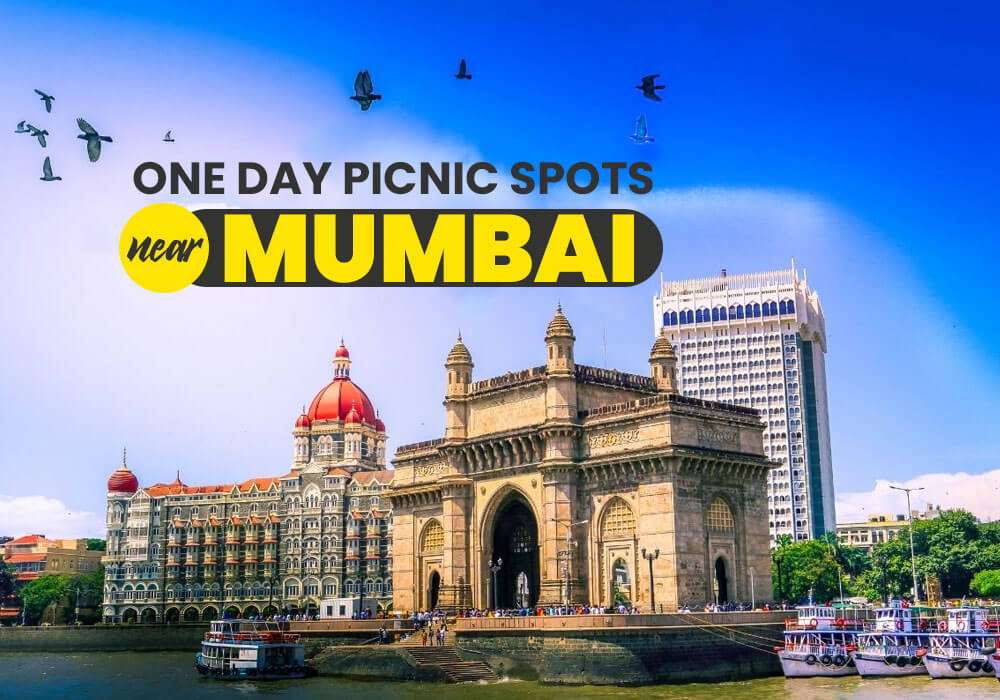
One Day Picnic Spots Near Mumbai - Monsoon, Adventure, Beach...
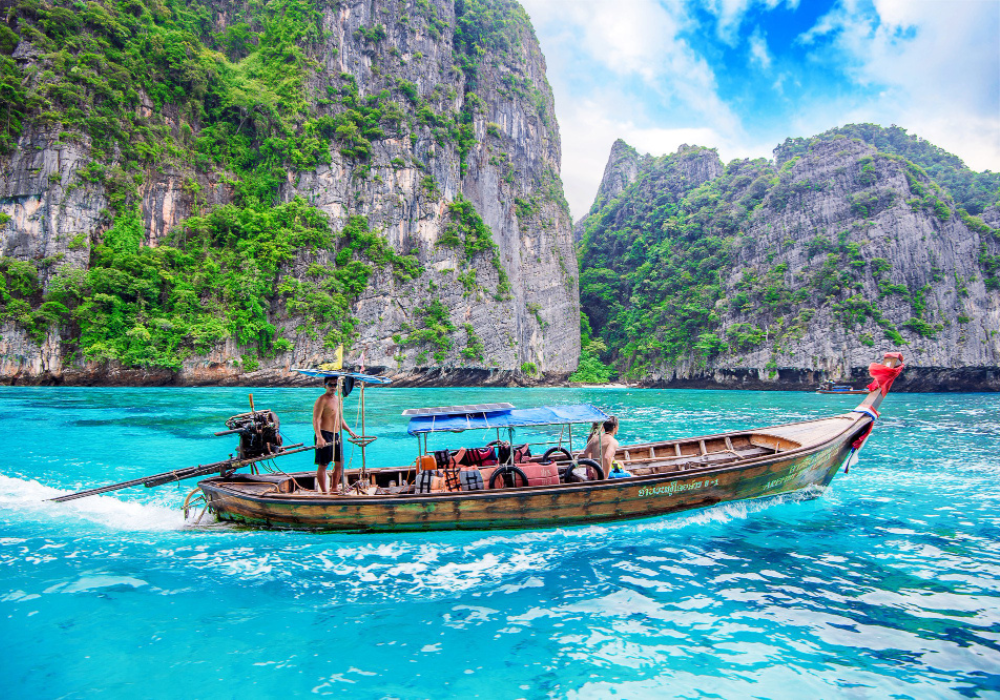
The Best Places to Go in Thailand in 2025
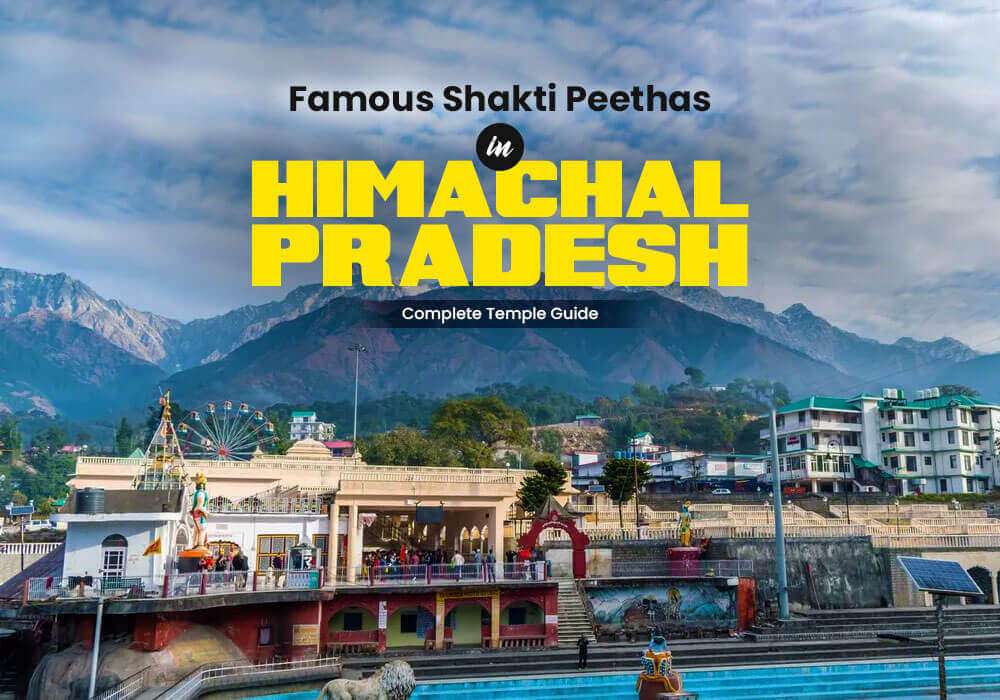


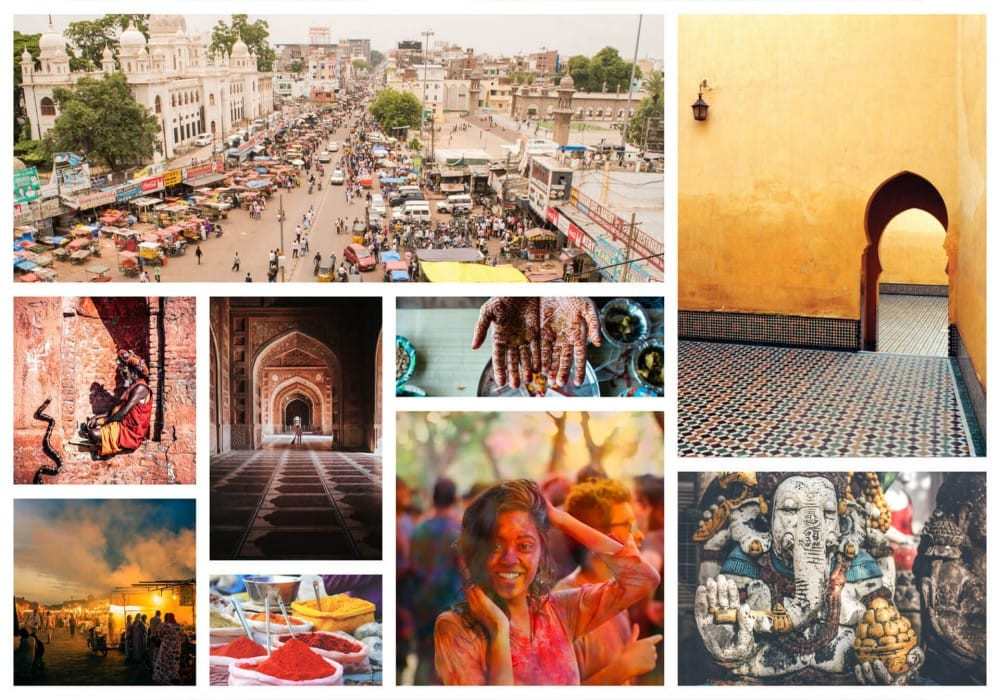
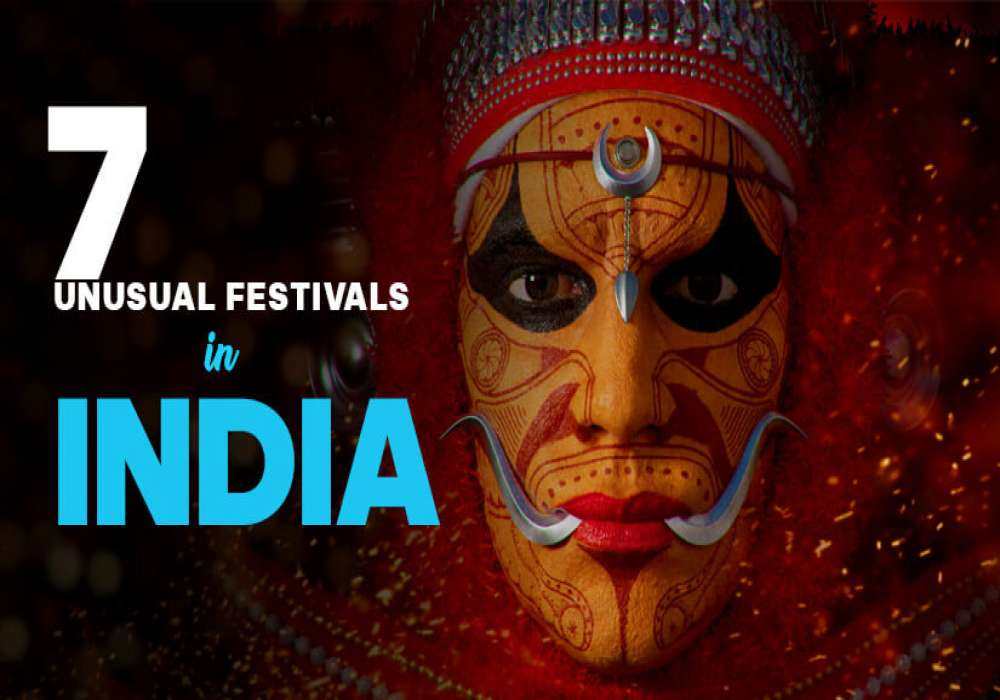


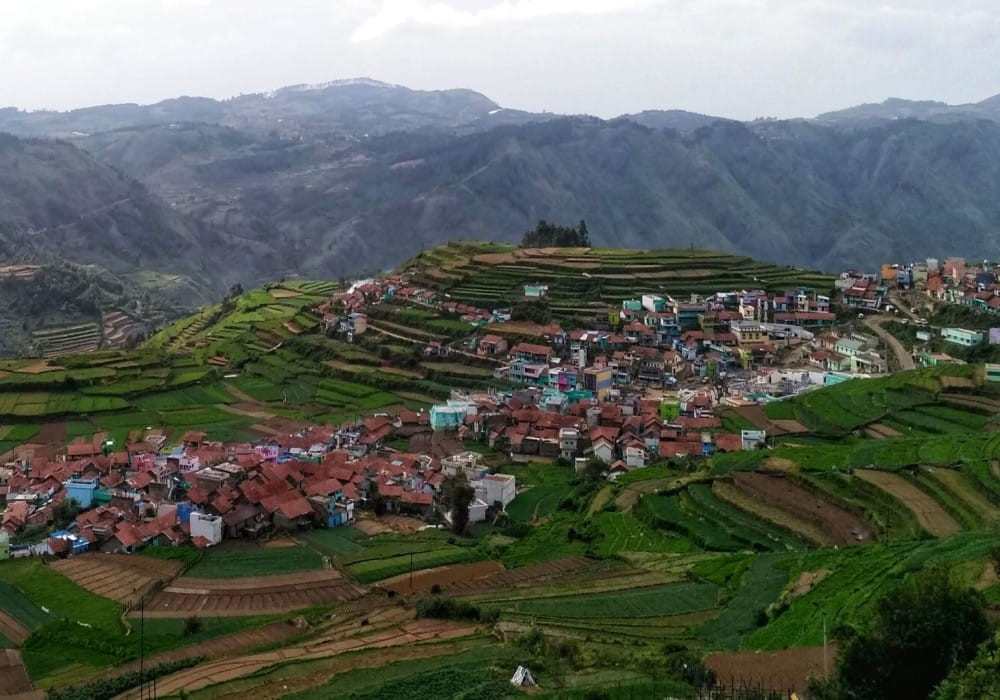

.jpg)
 Dubai
Dubai Malaysia
Malaysia USA
USA





